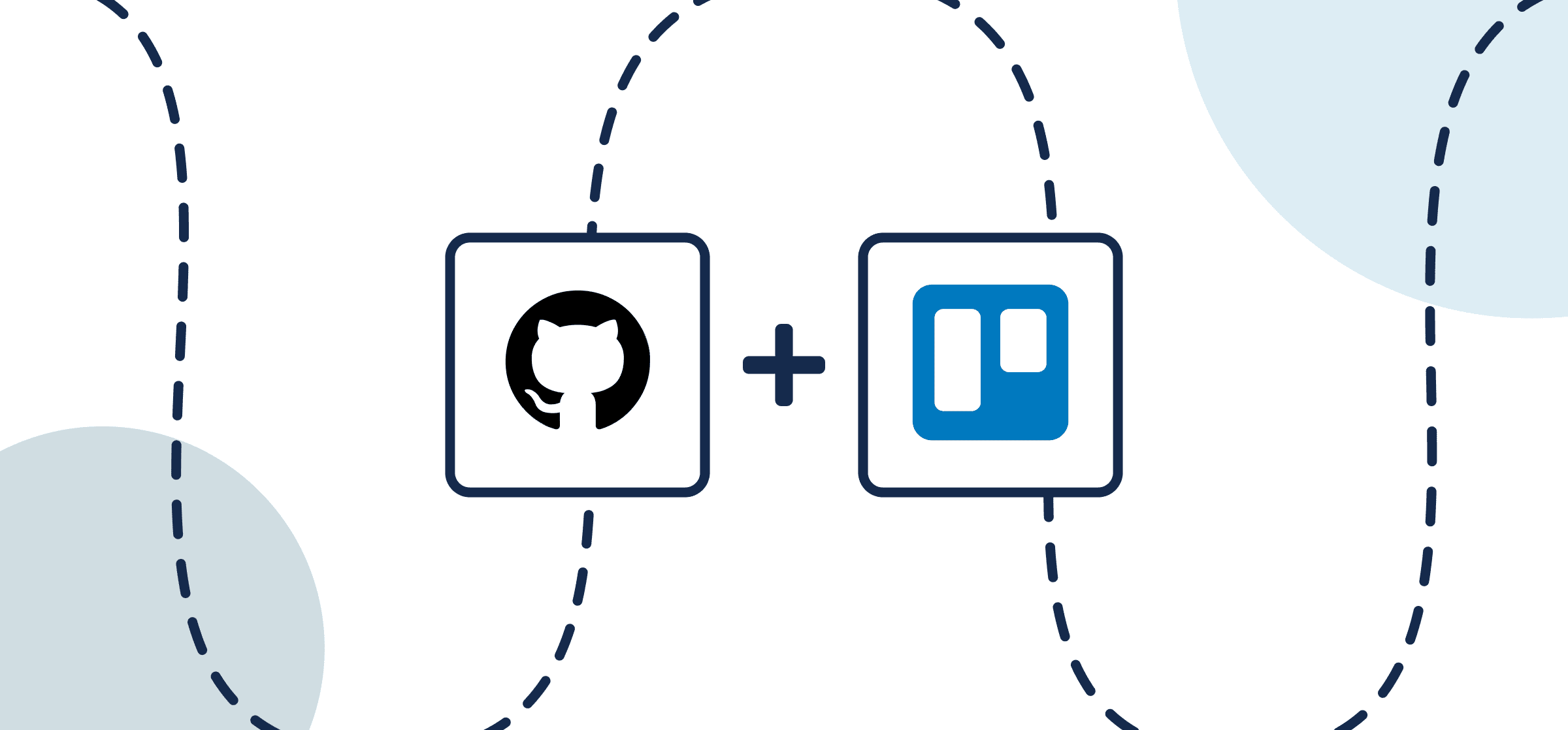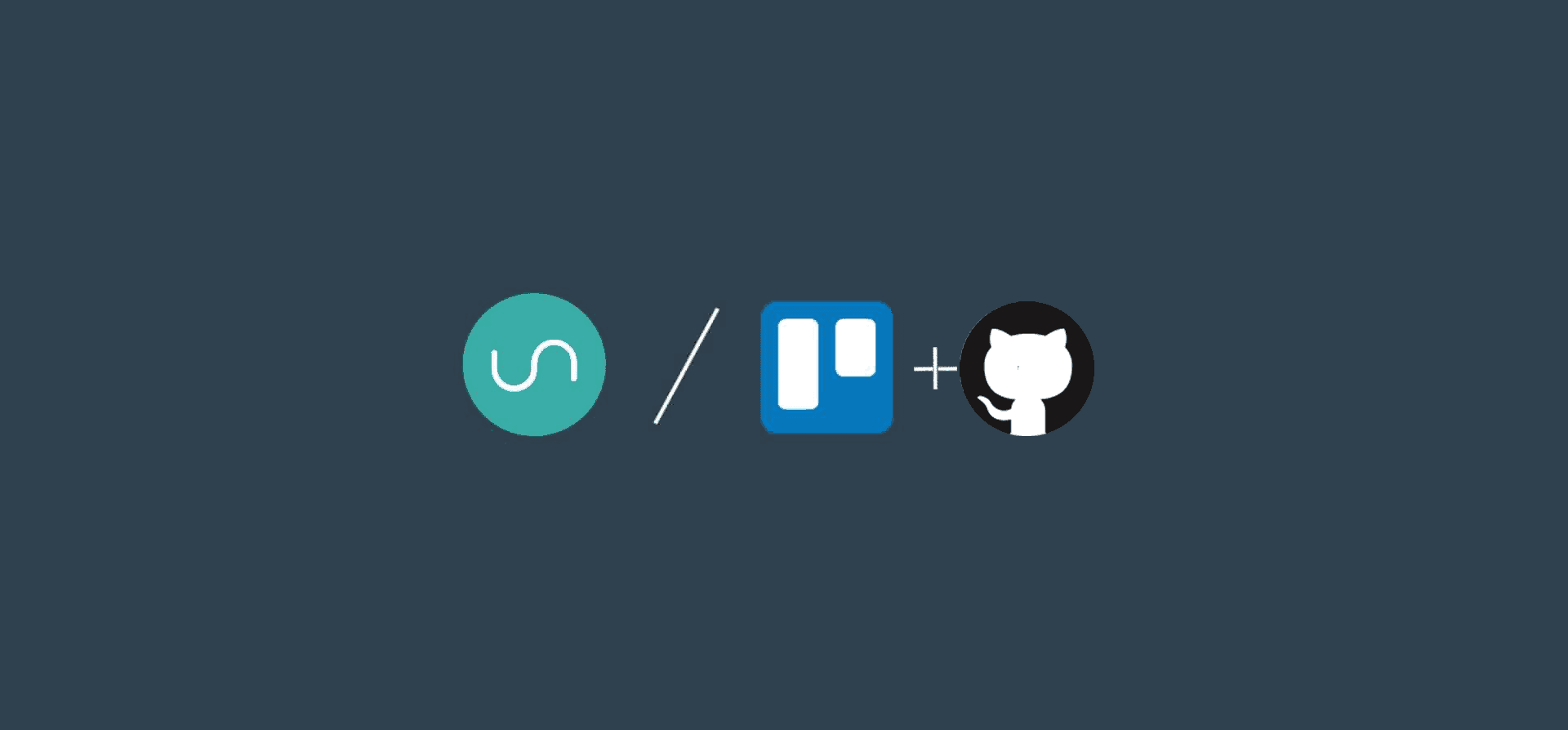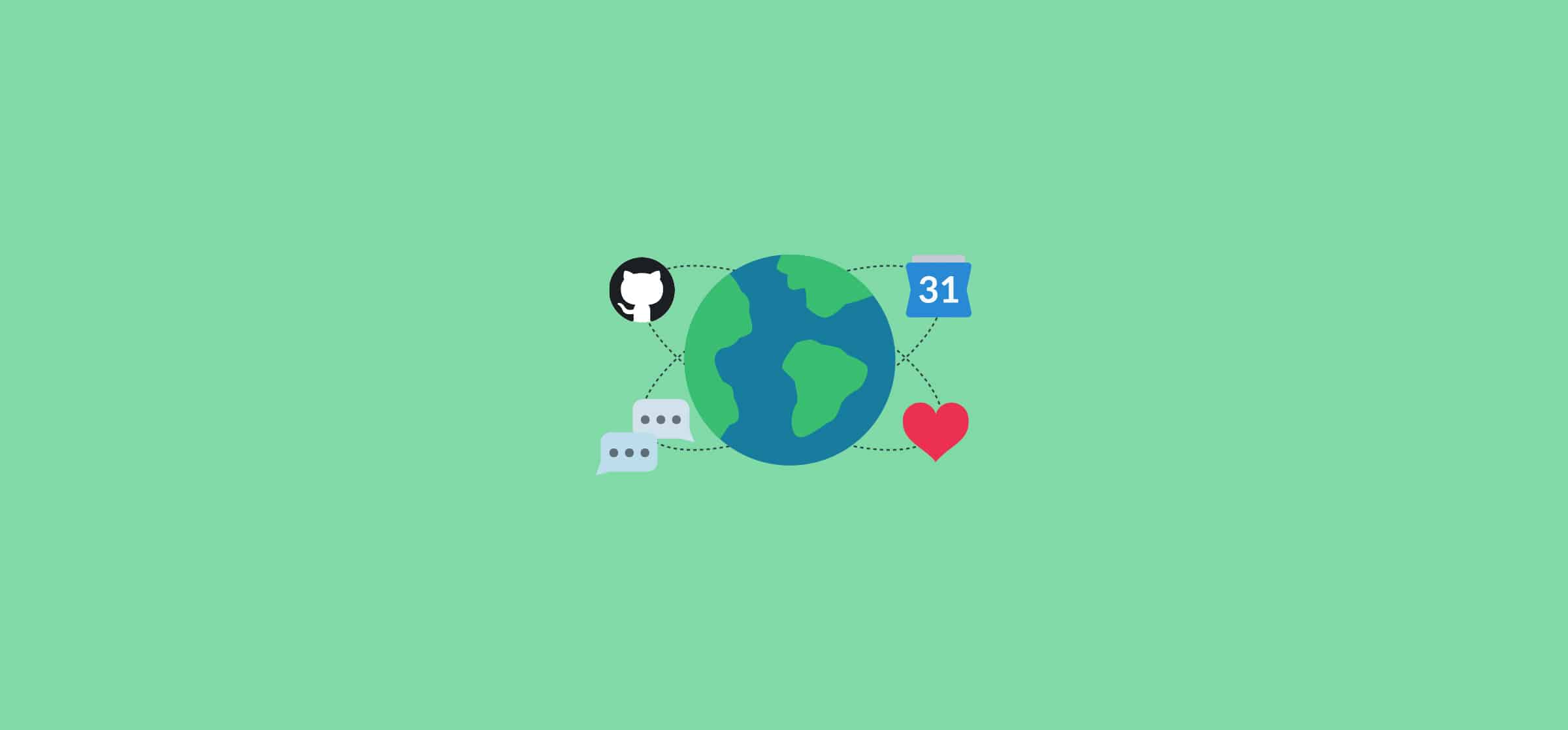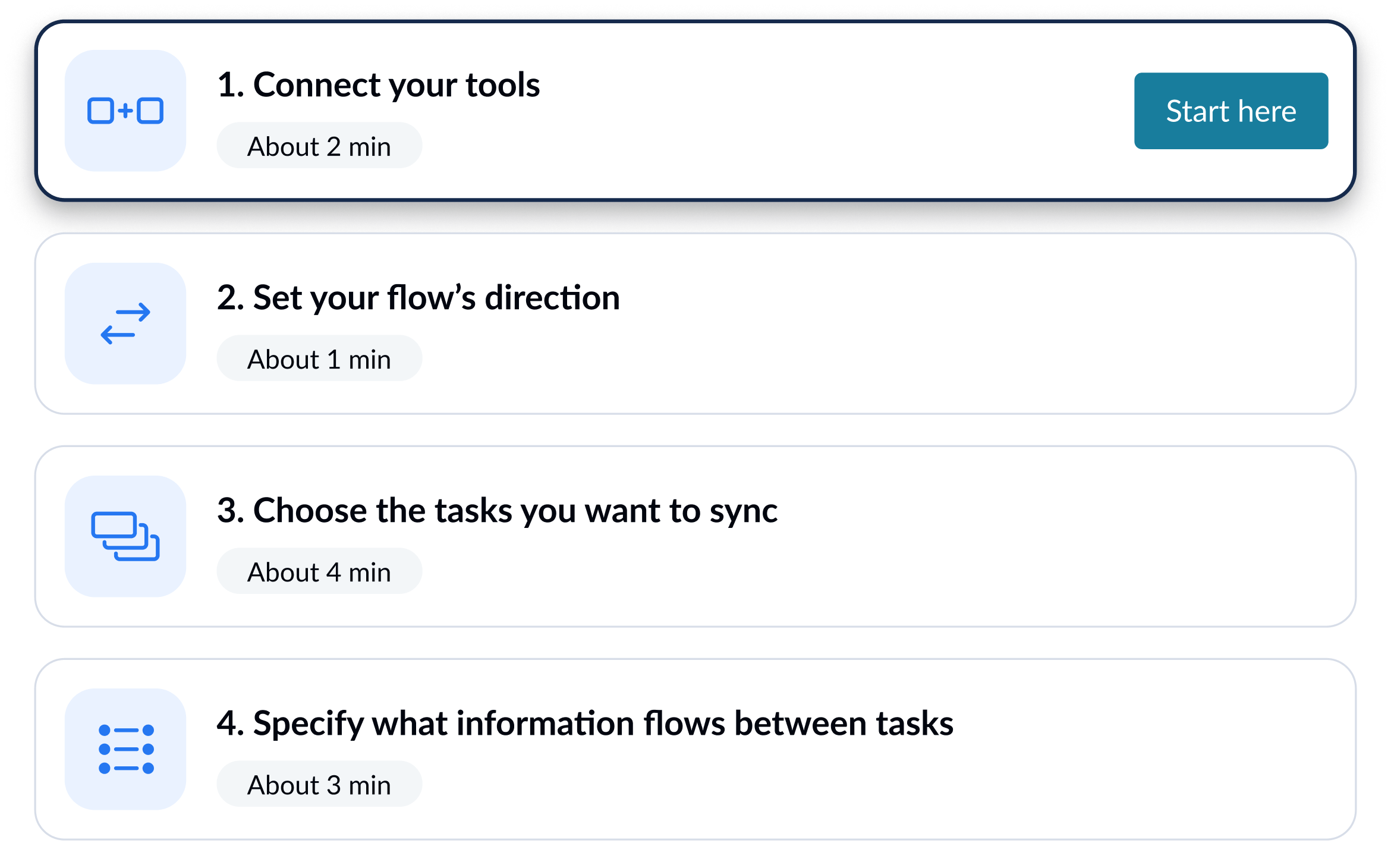How to Set Up a 2-Way Trello GitHub Integration
Trello GitHub Software Integration
Keep Trello and GitHub Software in sync with Unito
Unito integrations are quick to set up, easy to configure, and require zero code.
Sync Trello and GitHub Software in minutes
Integrate Trello + GitHub Software with powerful features
Live sync
Receive new data and updates from your tools in real-time.
Rules
Use flexible rules to determine what gets synced between tools.
Historical data
Choose to sync data going back weeks, months and even years with one click.
2-way
Share data back and forth between tools-without risk of duplicates or an infinite loop.
Field mapping
Link related fields between tools, including comments, assignees, and attachments.
Enterprise security
Unito is SOC 2 Type 2 certified with strict security measures to protect customer data.
Trello and GitHub Software integration details
The Trello Jira integration by Unito seamlessly connects your project management with agile development processes, ensuring that Trello cards and Jira issues are synchronized for optimal collaboration and efficiency. This integration facilitates a harmonious workflow between teams, allowing for real-time updates and ensuring that everyone is aligned on project progress and priorities. It's a game-changer for teams looking to streamline their processes and enhance productivity.
About Trello
Trello is a task management application designed to make it easier for teams to organize their work in one place. It allows users to create boards with cards containing tasks or objectives which can be organized into columns or lists depending on their project’s needs.
Learn more about Unito's Trello integrationsAbout GitHub Software
GitHub is a web-based hosting service for software development teams that provides access control as well as various collaboration features such as bug tracking, feature requests, task management, and wikis for every project.
Learn more about Unito's GitHub Software integrations








